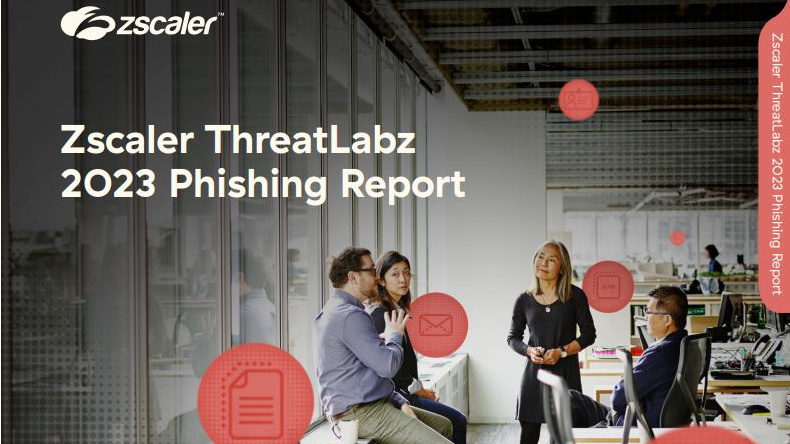European tech investment plummets despite AI interest
Torrid economic conditions continue to wreak havoc on European tech investment


European tech investment has dropped significantly as troubling economic conditions continue to impact startups across the continent, according to new research.
Tech investment across Europe is set to reach $45 billion this year, marking a 55% decrease compared to record levels in 2021 and 45% compared to 2022.
According to the ninth annual Atomico State of European Tech report, there's been a striking fall in participation from US investors at both early and late stages.
However, despite this, the report found that more tech startups are still being created in Europe compared to the US.
AI attracted the most funding at seed level, accounting for 11% of all rounds under $5 million. The sharpened investment focus on AI comes as companies scramble to build on recent breakthroughs in large language models.
Eleven AI-focused companies have managed to raise $100 million or more this year, with Europe having seen a ten-fold increase in the number of people working in AI roles over the last decade, and having a larger resident population of highly-skilled AI professionals than the US.
MORE STARTUPS NEWS
"This year’s report shows that founders and talent in Europe are taking risks and tackling the hardest problems, like AI, climate, and health," said Tom Wehmeier, partner, head of intelligence at Atomico, and co-author of the report.
Sign up today and you will receive a free copy of our Future Focus 2025 report - the leading guidance on AI, cybersecurity and other IT challenges as per 700+ senior executives
This year, Europe exceeded the US in terms of new tech startup formations, with an estimated 14,000 and 13,000 new founders respectively.
However, fundraising remains tough, with eight-in-ten European founders reporting they’ve found it harder to raise capital, and that they've had to change their expectations for funding rounds.
With the US experiencing greater access to capital, US tech startups are 40% more likely to have successfully secured venture capital funding within five years of foundation.
The report added there is a clear need to ensure European startups get the same access to capital as their US counterparts.
RELATED RESOURCE

Discover how you can prevent costly data breaches
DOWNLOAD NOW
"We need to build an investor landscape that truly matches the ambitions of our founders. Right now, companies are still 40% more likely to be funded in the US versus Europe and our public markets continue to hold back on tech," said Wehmeier.
"European corporates can still do more to deploy their cash behind digital transformation, and the regulatory landscape can still do more to embrace and incentivize innovation. We will only capture the total value of our tech opportunity if all corners of the ecosystem are prepared to lean in."
The UK is still producing startups
Despite challenging conditions, the UK still leads the way in terms of the number of tech startups founded each year, accounting for around a quarter of all new companies each year in Europe.
However, in terms of its share of the total capital invested in Europe per country, the UK has lost out the most over the last three years, with countries including France, the Netherlands, and Norway having gained.
Claire Trachet, CEO of business advisory firm Trachet, said although the report findings are a cause for concern, it showcases the continued resilience of the broader UK tech industry.
"The UK tech sector has such great potential; it was only recently named one of the top three countries in the world for tech investment. This, combined with the projections we have seen for the next ten years, tells us that the sector has a promising future, however, fundamental support for the sector is still essential," she said.
"As the tech industry model evolves, tech startups and scaleups will also have to follow suit, but not all businesses will be able to quickly adapt to today’s economic environment. As a result, we risk losing startups with great potential to keep the UK as a top contender for foreign investment."
Emma Woollacott is a freelance journalist writing for publications including the BBC, Private Eye, Forbes, Raconteur and specialist technology titles.



